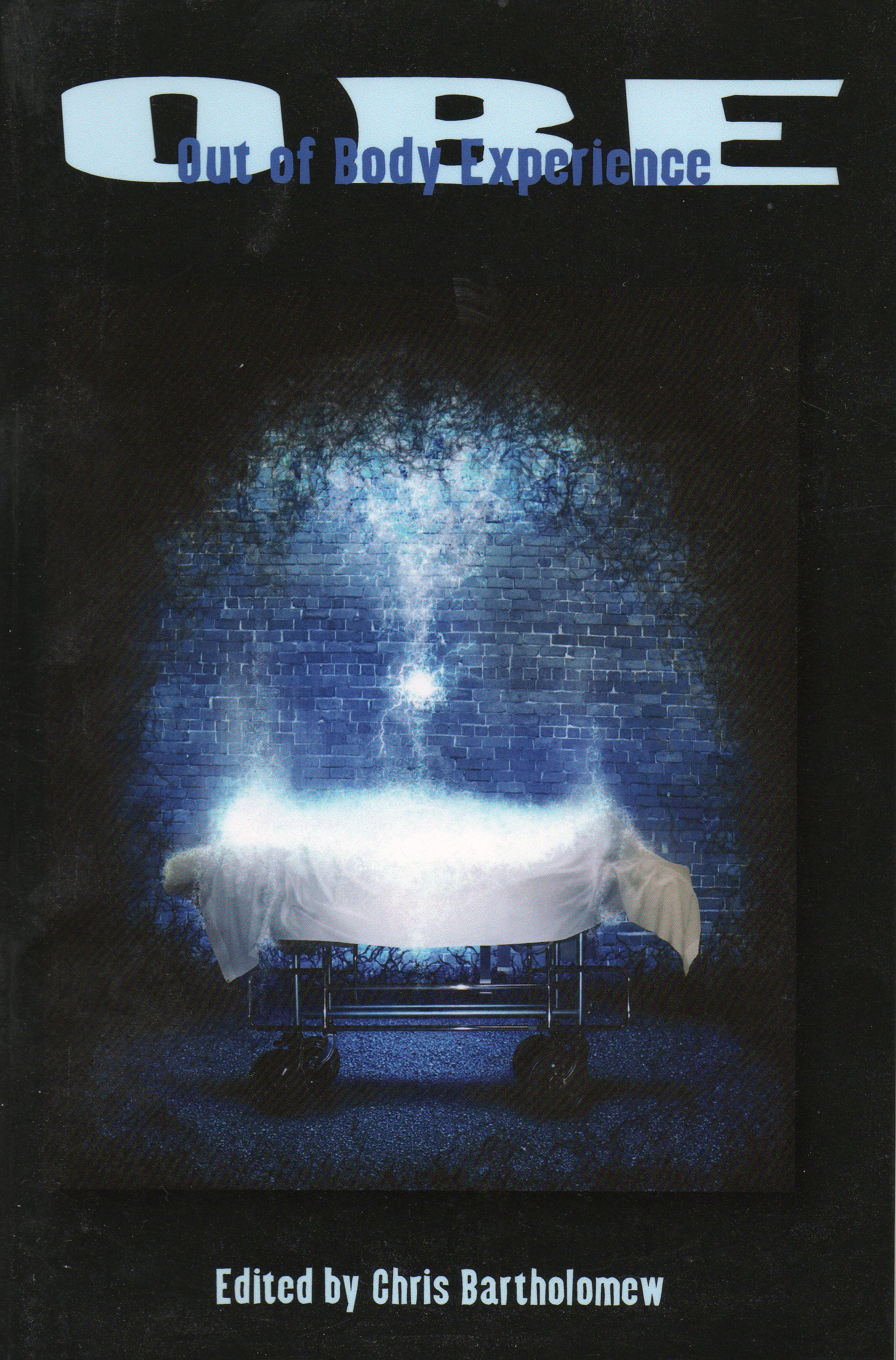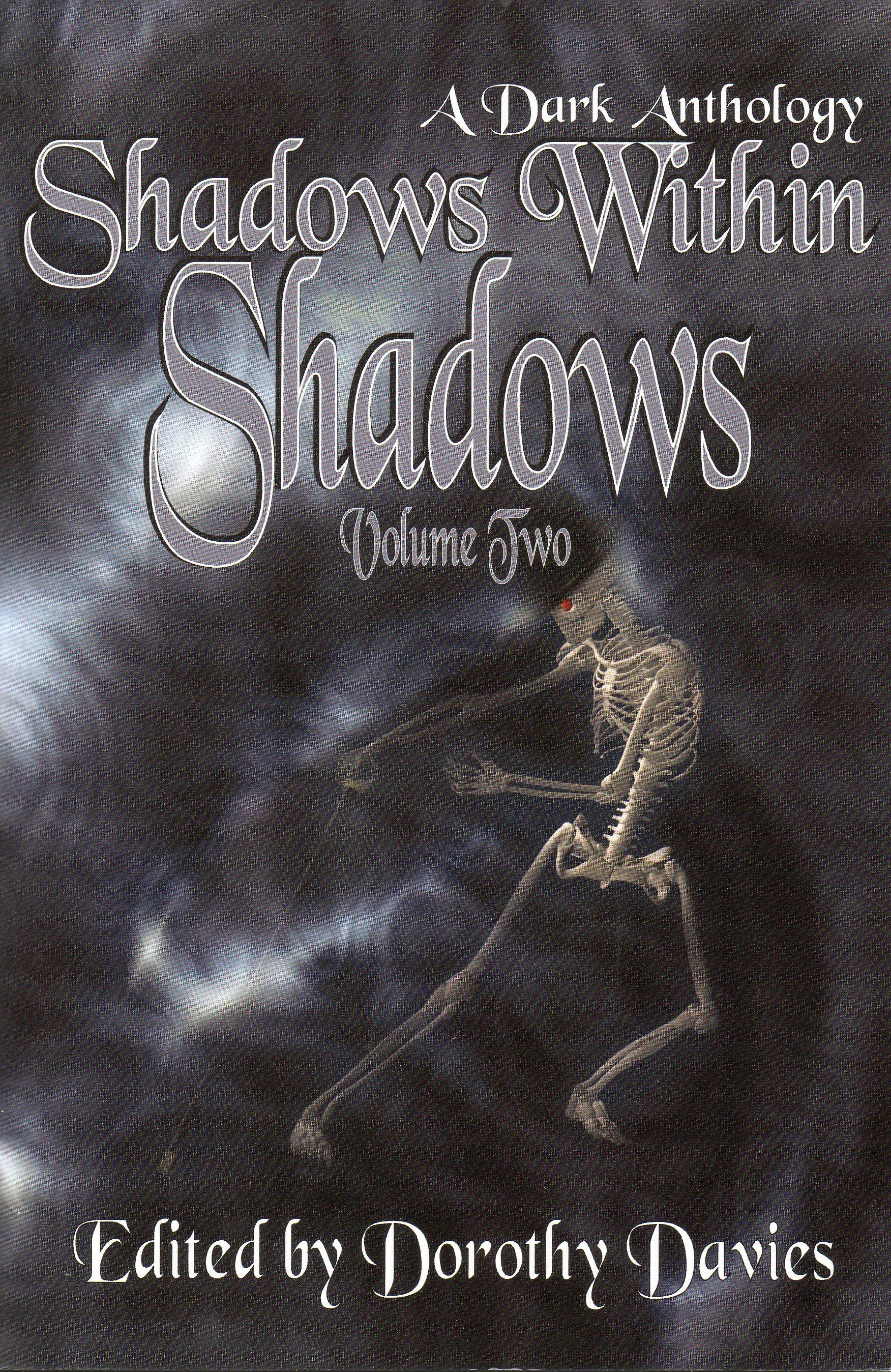 It’s been a good month for reading. Maybe it was the hot weather that encouraged me to lounge around in the garden under the shade of a large parasol, with a glass of iced something in my hand; or perhaps it was the long hours of daylight that tempted me to start and end the day with my nose in a book. Whatever, I managed to get through a good few books during the last three or four weeks. Whenever I read books or watch films for a second or third time, they quite often remind me of my life at the time I first came across them. These are some of the books that will remind me of what seemed to be the first long hot summer in years. I’d be happy to hear your views and recommendations.
It’s been a good month for reading. Maybe it was the hot weather that encouraged me to lounge around in the garden under the shade of a large parasol, with a glass of iced something in my hand; or perhaps it was the long hours of daylight that tempted me to start and end the day with my nose in a book. Whatever, I managed to get through a good few books during the last three or four weeks. Whenever I read books or watch films for a second or third time, they quite often remind me of my life at the time I first came across them. These are some of the books that will remind me of what seemed to be the first long hot summer in years. I’d be happy to hear your views and recommendations.
Jess Richards – Snake Ropes *****
Can’t say enough good things about this debut novel. I’ll be looking out for more from this author whose imagination knows no bounds.
Set on a remote Scottish island, where mysterious ‘tall men’ arrive at regular intervals to ‘trade’, the story offers mystery, the supernatural, and an array of well-drawn characters that had me riveted to my chair. The island is run by a group of women, and when the young male children of the community begin to disappear, the finger of suspicion is pointed at the local men who are suspected of being in collusion with the ‘tall men’. The story is told from the point of two young girls in very different circumstances, one of whom is seeking to escape her prison-like existence with her family, and the other is trying to find her younger brother, the latest child to disappear. The ‘voice’ of this second character is truly original, a strange dialect that irritates a little for the first few pages, but eventually you cease to notice as you are drawn into the story.
Almost surreal in its imagery, (can there be any more threatening concept than the ‘thrashing house’) this is a book I shall remember for a long time to come.
Lisa Unger – Die For You ****
A surprising book this, with some critical acclaim from writers in a similar vein: Karin Slaughter, Lee Child, Lisa Gardner, Tess Gerritsen.
Five years into her marriage, Isabel’s husband Marcus disappears under suspicious circumstances. As she tries to find out what has happened to him, a world of violence, betrayal and corruption erupts around her, and she discovers that all has not been what it seemed. Sensitive background portrayal of the family issues that have haunted both Isabel and her sister adds unexpected depth to the story. I’d read another by this author.
Philip Roth – Exit Ghost ***
This was my first Philip Roth book, and it’s probably quite late in the chronology of the books he’s written. I prefer more of a story arc than this, but I guess if you’d read some of the previous books featuring the main character, (Zuckerman) greater interest might be generated.
I found his style both engaging and irritating at the same time. He writes some of the longest sentences I’ve ever seen, and his syntax would give the grammar Nazis a sustainable source of analysis.
Surprisingly, I stuck with it, depressing though it was at times and in the end I was glad I had. I’ve heard all I want to know about living with the after-effects of a prostatectomy though. 😦
Sophie Hannah – The Carrier **
A disappointing read. I’m a Sophie Hannah fan, but for me the jury’s always been out on whether the police characters (Simon/Charlie/Proust/Gibbs/Kombothekra) who have been appearing in Hannah’s later books are sufficiently realistic, both in their personalities and the way they operate.
In a believable plot, this is not too much of a problem. But this plot is not believable. People are making astonishingly weird sacrifices in their slavish devotion for a character (Tim). The problem is Tim is not charismatic, not inspiring, not believable. In fact, he’s bloody irritating and if I knew him at all, it wouldn’t be very long before I smacked him round the head for his self indulgent antics. Married to a horror of a woman, the reason for which is never fully explained, he and his long-standing friends put up with her totally unreasonable behaviour, allowing themselves to be dominated by her. When she suffers a stroke which renders her incommunicado and bed-ridden, the couple’s loyal friends take both of them under their wing in their home. When she is found dead, Tim confesses to her murder, and they support him in his claim. And then Tim’s real love comes on the scene and sets out to prove his innocence… Not for me, this one.
Hans Koppel – She’s Never Coming Back****
Acclaimed as ‘the most terrifying crime novel I have ever read’ and ‘the story that has obsessed readers across Scandinavia for the past year’ I have to say that’s gilding the lily a tad.
But it is hard to put down and the plot and characters both believable, even if the main character Yiva, who is the victim of a vendetta kidnapping, is fairly unlikeable. I think if she’d managed to attract a bit more empathy from the reader the story would have been truly horrifying. But then, if she’d been a nicer character she probably wouldn’t have committed the dreadful act for which she is now being savagely punished many years later. Another book that could be devoured at one or two sittings.
Rumor Goden – Greengage Summer ***
I chose this book as a bit of nostalgic self-indulgence. I’m not sure whether the story is familiar as a result of having read the book itself, or of watching the film with Kenneth More and Susannah York. (In the USA this film was called Loss of Innocence.) But it was worth reading or re-reading. If the style was a tad disjointed, and the pace at times uneven, the descriptions of an idyllic French summer are second to none. I can vouch for their accuracy. There’s a true sense of a young girl on the brink of womanhood, with all the attendant emotions, behaviour and imagination. A great YA read.
Rachel Heath -The Finest Type of English Womanhood ***
Debut novel by Rachel Heath tells the story of two very young (sixteen and seventeen) and very different women who escape England in the immediate post-war years for a life in South Africa. One character is based on a real-life person, Gay Gibson, an aspiring actress who was murdered on the return voyage from South Africa to England. The other character is an insecure and unworldly girl who has been offered an avenue of escape from her soulless existence by an equally insecure and immature young man who offers marriage. Together they leave England for Johannesburg, where they live almost separate existences under the puzzled and disturbing scrutiny of the young man’s parents.
The background of racial tension, and social immorality in a Johannesburg still struggling to establish its own identity after the post-war influx of Europeans, is richly threaded with the theme of unrequited love and betrayal.
The characters are well drawn, and the plot believable. Somehow though, for me, it just didn’t quite ignite the spark that I believed it should have. I finished the book feeling vaguely unsatisfied, though I enjoyed comparing the post-war Johannesburg to our experiences there in the nineties.
Radclyffe Hall – The Well of Loneliness *****
This book caused great controversy when first published by Jonathan Cape in 1928. The editor of the Sunday Express (no less 😦 ) wrote that he would ‘rather give a healthy boy or girl a phial of prussic acid than this novel. Poison kills the body, but moral poison kills the soul.’ It was declared by the Home Secretary to be ‘inherently obscene and gravely detrimental to the public interest’. One wonders what these people might think of today’s explicit novels, for this book contains no graphic references that might offend even the primmest of readers. It appears to be the theme that has offended the sensitivities of these worthies.
The author was 48 years old when her book was published, and had lived with another woman as a married couple for a decade. She had viewed it as a pioneer work in the field of ‘inversion’ as she preferred to call lesbianism. As a result of the furore surrounding this book she lost confidence as a writer vowed never again to live in England.
Our loss, I think, for this is a book beautifully written in fine language offering a sensitive portrayal of a woman who from birth found herself to be ‘not as other women’. Frankly, the book had me in tears on more than one occasion as it charted her progress through life, forming disastrous relationships and encountering prejudice at every turn, before finally finding the love of her life. But no happy ending here.
If I had a criticism to make, it would be the last 100 or so pages (and it is a fairly lengthy tome) seem to be a bit of an add-on. This part of the book no doubt draws inspiration from the author’s decampment to Paris, the ‘City of Light’ where lesbians and homosexuals were able to express themselves freely in life and art during the post-war period. At this point, new characters are introduced with overwhelming speed, each with their own story to tell, one or two of them recognisable figures under other names (Noel Coward, Natalie Barney).
I can wholeheartedly recommend this – a fine read with excellent characterisation and impressive style. My most enjoyable read of the month.
Rachel Seiffert – Afterwards **
I was tempted to give up on this one.
A young couple, each with their own emotional burden meet and fall into tentative relationship. As the Irish Times says, “the book is about invisible borders, the hard-held Irish border, the border between lovers, between generations between past and present.”
When it ends, after a tediously drawn out breakdown of the relationship, I felt an almost tangible sense of relief on both counts.
F G Cottam – The Magdalena Curse ***
I’ve read two or three from this author and I like his style. He deals with the supernatural in a sensible, non-sensationalist style. One review, (The Times, Johannesburg) says “thrilling, addictive, dangerous, hypnotic and deadly… the book is a cross genre treat. Beautifully written with frighteningly invasive descriptions, literate, complex, conspiratorial and threatening… pervasively believable.”
And that’s about right. There’s none of the James Herbert about this writer, thankfully. I just wonder why I don’t quite find his stories ‘unputdownable’. I think it might be something to do with the slightly uneven pace. Like a previous story of his, this one starts and draws to a finish very well. The middle slows down a bit, and the ending was, I thought on this occasion, unsatisfactory. I’ve wondered at times whether, after completing the book, the author goes back to pad out/rewrite the middle. Nevertheless, an interesting read.
Ali Shaw – The Man Who Rained ***
The Sunday Times described this as a ‘delicately crafted novel… its story haunting and thoroughly, charmingly different’.
It is an unusual book, the second by this author, the first being The Girl With Glass Feet, which I shall look out for.
When Elsa’s father is killed in a tornado, she escapes to grieve in a tiny isolated settlement called Thunderstown. Here she meets and falls in love with an outcast, a young man with a thunderstorm inside him. (Literally.) The village is steeped in superstition and tragic history, its inhabitants frightened and wary of the undoubtedly strange phenomena that have taken place over the years – ‘brook horses’ filled with rainwater, dogs with extraordinary supernatural abilities… I won’t give the rest away.
If you’re interested in the elements this will be an interesting and imaginative read, set as it is in the realms of fantasy and bordering on horror.
It’s a slim volume (I started and finished the same day) which is probably as well as I doubt it would have held my attention for a great deal longer. The characters of Elsa and Finn, (the ‘thunderstorm’ man) didn’t arouse a great deal of interest and sympathy from me and the speed and intimacy of their relationship, for me, lacked credibility. But still worth a read.
So that’s it, a good month’s reading. If you’ve read any of these books I’d be pleased to hear what you thought of them. Until next time…











Thoroughly enjoyed your reviews Sandra, I haven’t yet read any of the books you have listed but will look out for one or two now.
On another note, I could have sworn I was already following your blog, but it seems I am not – the goblins of wordpress strike again perhaps? i have made sure I am following now.
Take care
Dee
LikeLike
That’s funny, I thought I was following you but I’ve just checked and I’m not. I’ve only this week realised that just pressing the ‘follow’ button (top left) doesn’t bring you an email when there’s a new post on that site; you have to visit your Reader to find those sites. To get the email you have to press the ‘sign up’ at the bottom of the page, which doesn’t appear on every site – you have to customise it to do that. Which apparently I’ve done. I never stop learning about WordPress, …. and I never stop forgetting what I’ve learned. 😦 See you at FF tomorrow. And thanks for reading this new feature, Dee. I appreciate it.
LikeLike
I keep thinking I’m up to speed with WordPress and then find out I am most definitely not!
Hope to see you at FF tomorrow, missed it last week – both the writing and the reading. 🙂
LikeLike
thanks for all the reviews and the BOOKS..I have been wondering about what to read next, thank you for helping me with that.
Hope you’re having a good week
🙂
LikeLike
Thanks for dropping by Kir. 🙂 I’m glad this was helpful. Sometimes I wander round the library like a lost soul searching for new writers or good authors with a string of books behind their name, so when I find someone interesting, I’m always anxious to share the news! Have a good week yourself. Take care.
LikeLike
Pingback: The Last Word (Friday Fictioneers, August 2013) | castelsarrasin
Enjoyed your reviews, Sandra–always looking for a good read so will keep an eye on your new site.
LikeLike
Thanks for dropping by vb. Glad you enjoyed them.
LikeLike
Glad to hear the review on The Man Who Rained. It is on my reading list but I wasn’t certain if it would remain. Now, I think it might.
LikeLike
Thanks for commenting, and for reminding me about this writer. I’m off to the library this weekend, and I shall look for the other book he/she has written. There’s certainly a vivid imagination there.
LikeLike